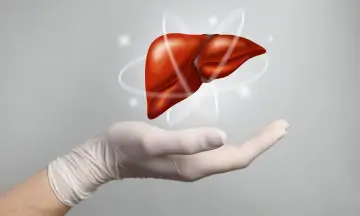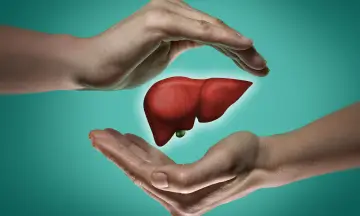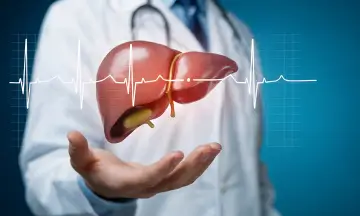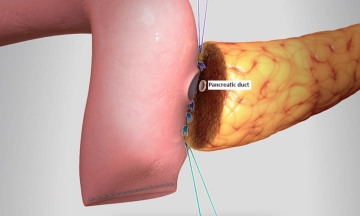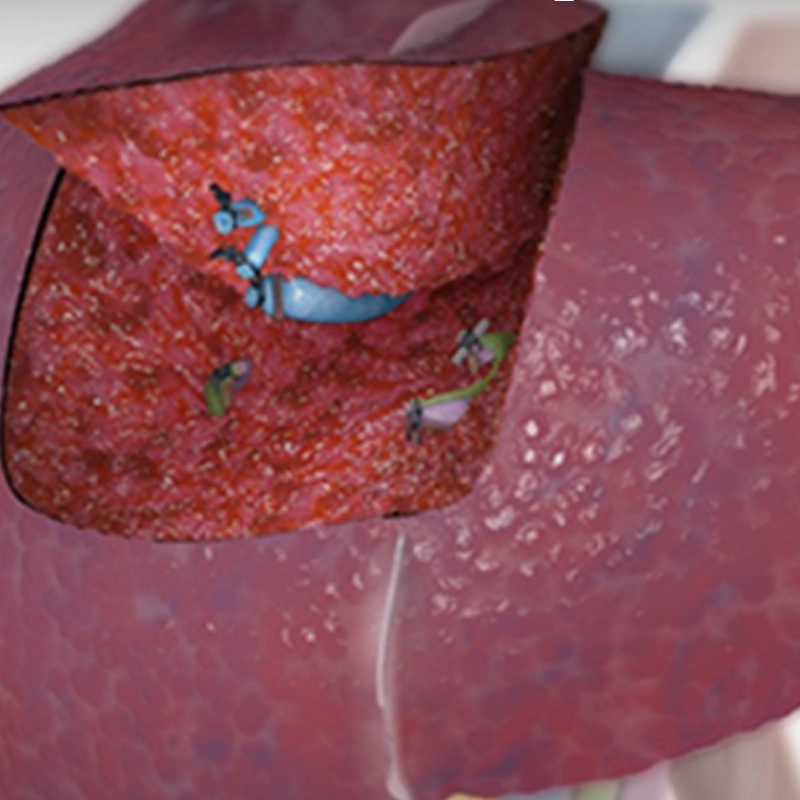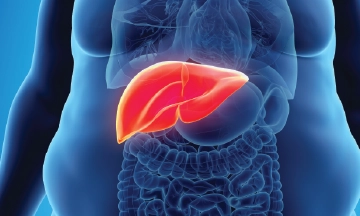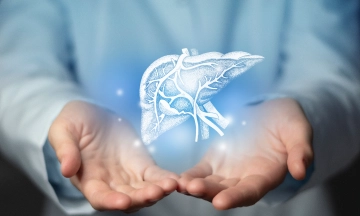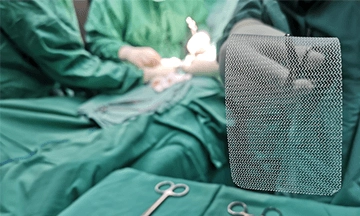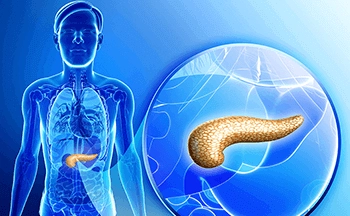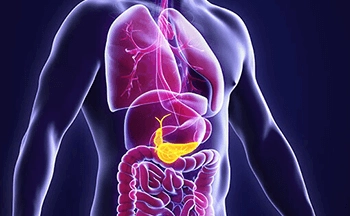
Undergoing a liver transplant is a major milestone—and for many patients, it offers a second chance at life. However, life after liver transplant requires commitment, patience, and long-term care. Understanding the recovery process and adopting healthy habits are essential for ensuring a smooth transition and long-lasting results.
Liver Transplant Recovery: The First Few Weeks
Immediately after surgery, patients are taken to the ICU for close monitoring. Vital signs, liver function, and possible signs of organ rejection are closely observed. You may stay in the hospital for 1–2 weeks, depending on your progress.
What to Expect:
- Pain and fatigue are common during the first few days.
- You’ll start walking and eating light meals within a few days post-surgery.
- Medications, including immunosuppressants, are started to prevent organ rejection.
- Regular blood tests and scans are performed to ensure proper liver recovery.
Life After Liver Transplant: Long-Term Care
Once you’re discharged, the journey toward a healthy liver continues at home. Follow-up appointments and a disciplined lifestyle are key.
Here are some tips for long-term recovery:
- Take Medications as Prescribed
Immunosuppressants prevent your body from attacking the new liver. Missing doses can lead to rejection.
- Adopt a Liver-Friendly Diet Eat a balanced diet rich in fruits, vegetables, lean proteins, and whole grains. Avoid alcohol and limit salt and sugar.
- Exercise Regularly
Light walking or yoga improves circulation and energy. Avoid strenuous activity initially and follow your doctor’s advice.
- Avoid Infections
Your immune system is suppressed, so practice good hygiene, avoid crowds, and stay up-to-date on vaccinations.
- Attend Regular Checkups
Frequent lab tests help monitor liver function and detect any signs of complications early.
Life Expectancy After Liver Transplant
With modern surgical techniques and proper care, life expectancy after liver transplant has improved significantly. Excess of 80% of patients live for more than five years post-transplant, and many go on to lead full, active lives. Some live 20 years or longer with their new liver.
What Happens to the Donor After Liver Transplant?
In a living donor liver transplant, a portion of the donor’s liver is removed and transplanted into the recipient. The liver has a unique ability to regenerate, so both donor and recipient can end up with fully functioning, healthy livers within 6–8 weeks.
- Hospital stay is usually 5–7 days.
- Functional recovery takes about 4–6 weeks.
- Donors are monitored for pain, liver function, and general health.
- Donors return to normal life and activities after healing.
Donating a portion of one’s liver is generally safe for healthy individuals, and the risk of long-term complications is low.
Emotional and Mental Health After Transplant
Adjusting to life after liver transplant isn’t just physical—it’s emotional too. Some patients experience anxiety, depression, or fear of rejection. Support groups, counseling, and connecting with other transplant recipients can be incredibly helpful.
Conclusion
A liver transplant is a life-saving procedure that comes with a new lease on life. With the right care, medications, and lifestyle changes, patients can enjoy a long, healthy life with their new liver. Whether you’re a recipient or a living donor, staying informed, proactive, and positive can make all the difference.
FAQs
- Q1: How long is the liver transplant recovery period?
Recovery in the hospital usually takes 1–2 weeks. Full recovery can take 3–6 months, depending on the individual.
- Q2: Can I live a normal life after a liver transplant?
Yes! Most people return to work, travel, and enjoy everyday activities once fully recovered.
- Q3: What is the average life expectancy after a liver transplant?
Most patients live beyond 5 years post-surgery, and many exceed 15–20 years with proper care. There are success stories of children transplanted 50 to 60 years ago living healthy fully functional lives with their transplanted livers.
- Q4: Can a donor live a normal life after donating part of their liver?
Yes. The liver regenerates, and most living donors return to normal activities within 2–3 months.
- Q5: Are there dietary restrictions after liver transplant?
Yes. Avoid alcohol, raw foods, high-sodium, and high-sugar items. Eat a balanced, liver-friendly diet.




